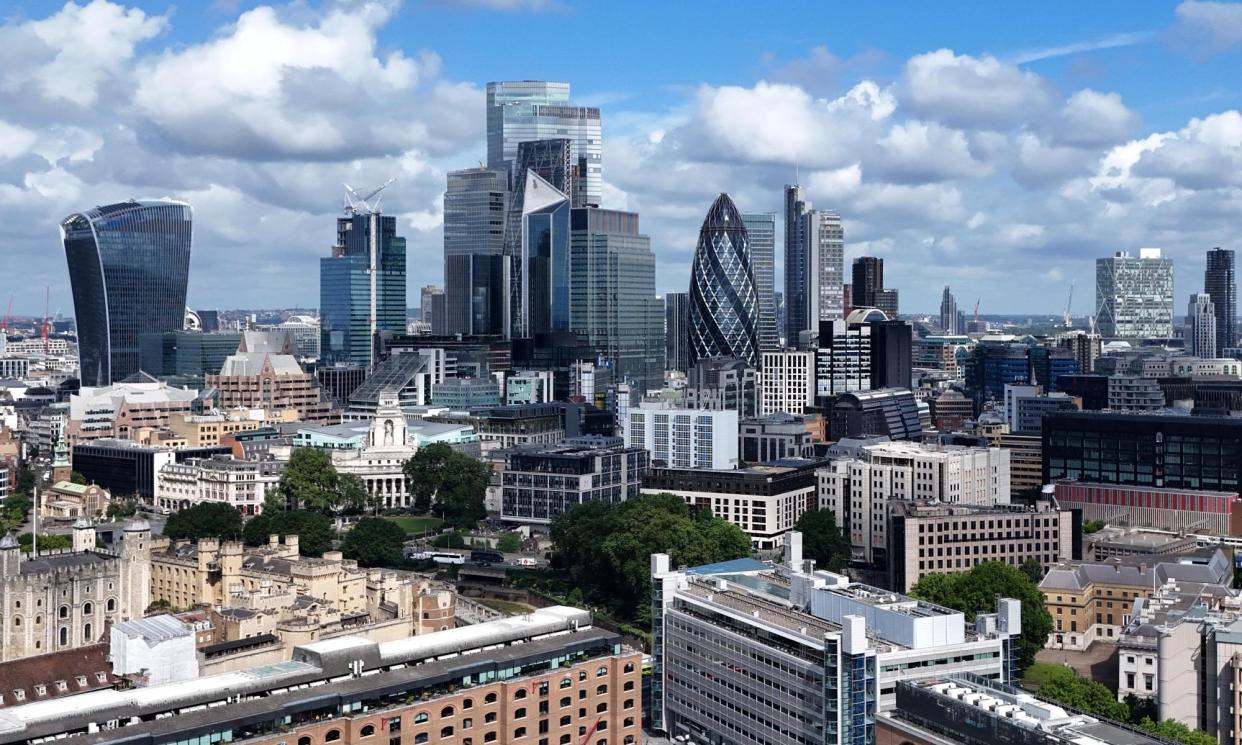Only 65% of UK firms have plan to cut emissions to net zero, study shows

Just 65% of UK businesses have a plan to reduce their emissions to net zero by the 2050 deadline, the largest ever industry survey has revealed.
The report covering 2,005 organisations across all sizes and sectors by UK Business Climate Hub, which included the CBI, the Institute of Directors and the British Chambers of Commerce, found that only half of those surveyed were even measuring their carbon footprint.
Those that did have a plan to meet net zero carbon emissions – which means they and their supply chain would not emit more greenhouse gas emissions than they absorbed – reported that there were many barriers in place that may make the target impossible to meet.
Specific barriers identified in the report, released on Wednesday, included post-Brexit regulatory uncertainty. The report said: “Regulatory certainty can make it easier for companies to commit to long-term sustainability goals and integrate them into their core operations. This stability will encourage more organisations to take definitive actions, attract talent and investment and become increasingly resilient. Alignment with key international markets, particularly the EU, will be important to facilitate seamless trade.”
Companies also reported that infrastructure including transport was not green enough, and there had not been enough government and financial support to boost energy efficiency, renewables and other carbon-saving measures. Ninety-two percent of organisations said improved government support would be beneficial, for giving information and advice on emissions reductions, helping to finance the transition, and having stable long-term regulatory policies.
The report also ranks the sectors making the most progress to net zero. The IT and communications sector fares best, with 68% of companies having a plan to meet net zero. The worst is the financial sector, with 52% companies signed up to the target.
Notable respondents to the survey included Barclays, the British Retail Consortium, the National Grid, Lloyds Bank, HSBC, and NatWest.
Ed Lockhart, at the Broadway Initiative, which manages UK Business Climate Hub, said: “The leadership shown by many UK organisations in the census is deeply inspiring, helping accelerate our collective progress towards a more sustainable future. Despite these significant strides, substantial challenges remain, particularly for small and medium-size enterprises who often lack the same access to resources available to larger organisations.
“To address these disparities and drive collective action for all, we recognise the need for greater partnership between government and business to develop sector-specific decarbonisation pathways and guidance, as well as enhanced financial mechanisms and expanding trusted information resources like the UK Business Climate Hub. Such measures are crucial for ensuring a smooth and effective transition towards a net zero economy.”
Andrew Griffiths, the director of policy and corporate development at the certification group Planet Mark, added: “The findings also send a clear message that targeted support and a stable policy environment is critical for them to implement effective net zero strategies, which the Labour government has a unique opportunity to deliver. We look forward to continuing to collaborate with UKBCH to make net zero accessible to all organisations.”
In 2019, the UK government was the first in the world to sign the country up to net zero carbon emissions by 2050. Many others have followed including the US, the EU, New Zealand and South Korea.


